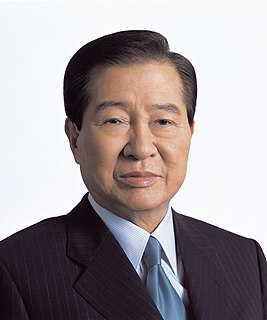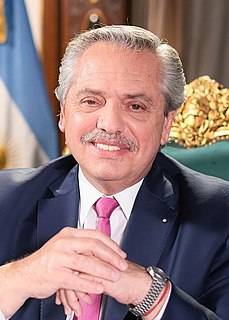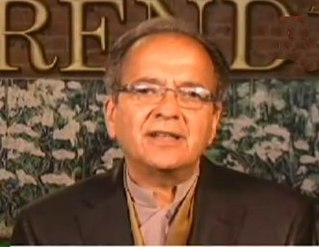A Quote by Jeffrey Sachs
The runs started in Thailand after the IMF intervened in such a dramatic way. Then the IMF came to Indonesia.
Related Quotes
The IMF is a more complicated issue. I think there is a broad sentiment among both the left and the right that the IMF may be doing more harm than good. On the right, there's the view that it represents a form of corporate welfare that is counter to the IMF's own ideology of markets. But anybody who has watched government from the inside recognizes that governments need institutions, need ways to respond to crises. If the IMF weren't there, it would probably be reinvented. So the issue is fundamentally reform.
It seems evident that the IMF has learned nothing from its inequality-inducing policies during the 1980s debt crises in Latin America nor from its recession-deepening response to the East Asian crisis of the late 1990s. In both regions, the IMF has become synonymous with making bad situations worse.
China's accumulation of reserves is a result of the IMF's mismanagement of the Asian financial crisis a decade or so ago. If countries know they can't rely on the IMF to help them, their best defense is their own reserve cushion. In a time of spreading global recession, too much emphasis on savings in surplus countries like China can impede prospects for global growth.
The United States has given frequent and enthusiastic support to the overthrow of democracy in favor of "investor friendly" regimes. The World Bank, IMF, and private banks have consistently lavished huge sums on terror regimes, following their displacement of democratic governments, and a number of quantitative studies have shown a systematic positive relationship between U.S. and IMF / World Bank aid to countries and their violations of human rights.
With all that IMF money, the Thailand's and Mexico's are spared the consequences of their fiscal incompetence, and Wall Street's heavy hitters are spared the consequences of their stupid investments. The global economy is a rigged game, rigged so Third World politicians, rich investors and global corporations win - and U.S. taxpayers lose.
Political uncertainty around the world has more than doubled since the election of Trump. To find anything comparable we have to go way back, to the late 1920s for example, the times of the Great Depression. Or think of the United Kingdom in the 1970s, when the International Monetary Fund had to help the country out with a dramatic rescue operation. Up until the Greek crisis, that was the last time that the IMF was forced to intervene to such an extent in Europe.
One by one, these governments came undone, and were forced into IMF tutelage (and national illegitimacy) by the careening oil prices, the debt imbroglio, and falling terms of trade. The last of these governments to fall were the Communist regimes of eastern Europe, which have now gone the way of other Third World countries. The second in the cascade of bifurcations is thus symbolized by 1989.


































